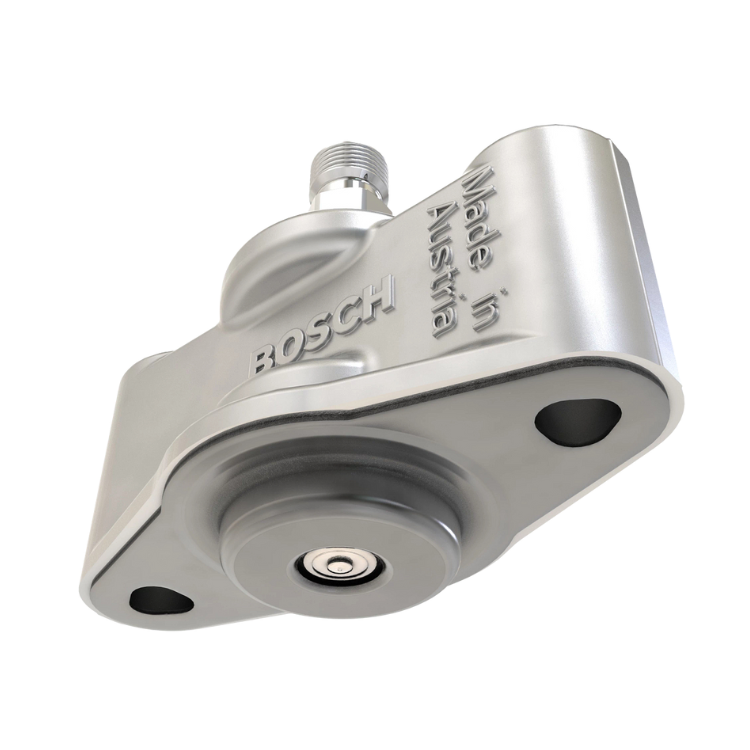The Hydrocarbon Doser Unit (HCU) plays a crucial role in emissions control by injecting fuel into the exhaust stream to aid in diesel particulate filter (DPF) regeneration. When the doser unit fails, the DPF may not regenerate properly, leading to excessive soot buildup, performance issues, and emissions system warnings. Understanding the common causes of HCU failure can help you prevent downtime and costly repairs.
Common Causes of Hydrocarbon Doser Unit Failure:
-
Fuel Contamination – Dirt, water, or low-quality diesel fuel can clog the doser nozzle or damage internal components.
-
Carbon Buildup – Over time, unburned hydrocarbons can form carbon deposits on the tip of the injector, restricting proper spray.
-
Faulty Wiring or Connectors – Corroded or damaged electrical connections can interfere with injector operation and signal transmission.
-
Failed Solenoid or Internal Valve – Wear or malfunction in the solenoid or control valve can prevent accurate fuel metering.
-
High Exhaust Temperatures – Extreme heat can degrade seals and electrical parts, especially in poorly maintained systems.
-
Incorrect Injector Timing or Calibration – Faulty signals from the engine control module (ECM) can result in incorrect dosing, stressing the unit.
-
Lack of Regular Maintenance – Neglecting fuel filter changes and system inspections can lead to premature failure of the doser unit.
Hydrocarbon Doser Unit failure is often the result of contamination, overheating, or neglect. Regular maintenance, clean fuel use, and early attention to warning signs like regeneration issues or fault codes can help extend the life of the doser and keep your emissions system running smoothly. Proactive care is key to avoiding costly downtime and repairs.





















